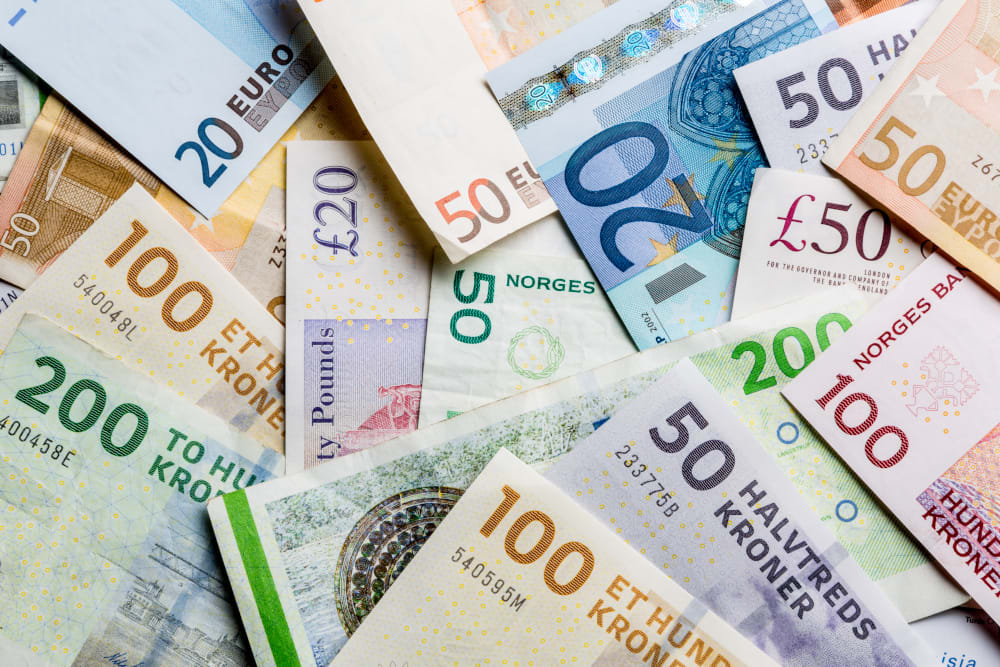Booking takes one for the team with Etraveli EU appeal – State of Play
- Controversial first veto of conglomerate deal
- Chance for the court to weigh in on ‘ecosystem’ theory
- Similar opportunity on ‘innovation’ theory lost with Illumina saga
We owe Booking Holdings a debt of gratitude for bankrolling the appeal of the European Commission’s (EC) controversial 2023 veto of its Etraveli acquisition, the hearings of which are set for two days at the EU’s General Court this week (8-9 July).
Appealing an EU merger prohibition is generally a losing proposition, since even if the company ultimately wins, the deal it struck and the opportunities it was after are long gone by the time the court renders its judgment. And getting compensated for damages is usually a joke. Just ask UPS, which in 2023 had its request for damages rejected because it had terminated the merger agreement too soon after the deal was blocked by the EC.
But thanks to Booking’s tenacity, we will have a relatively early chance to learn what the court thinks about the Commission’s “ecosystem” theory of harm – a new approach the regulator has embraced to address competitive issues in dynamic digital markets.
It’s the kind of opportunity that was lost when Illumina’s substantive appeal of the GRAIL prohibition was rendered moot. In that case, it was about the “innovation” theory of harm – one that has yet to be tested in court.
The Etraveli/Booking transaction marked the first time the EC used its veto powers against a purely conglomerate deal, blocking the hotel booking platform from acquiring a company in an adjacent market – online flight reservations.
The watchdog was concerned that Booking expanding its “ecosystem” to neighbouring services would lock users into a “walled garden”. It would gain new “customer acquisition channels” that could further strengthen its dominant position in its core market, the Commission said.
Booking argued this was a fanciful theory in its case, without solid economic evidence to back it up. The Commission’s own chief economist at the time, Pierre Regibeau, agreed and even threatened to resign over the prohibition, according to two sources close to the review. The European Commission declined to comment on this allegation when asked again today.
A fatal flaw in the EC’s approach, the company argued, was that the regulator wrongly departed from its non-horizontal merger guidelines and neglected to prove that the deal would foreclose competitors.
In so doing, the Commission also ignored the upside of the deal: efficiencies flowing from the convenience of a one-stop shop.
The Etraveli/Booking appeal comes at an opportune time, as the EC recently launched a full-scale revision, including a public consultation, of the non-horizontal guidelines and how the regulator is to treat issues like innovation and efficiencies.
This news service will be reporting on this week’s hearings, to hopefully get a glimpse into the court’s thinking on the ecosystem theory.
The one that got away
The chance to get that sort of clarity on the “innovation” theory of harm was rudely ripped away as a consequence of the GRAIL/Illumina debacle.
As reported, the EC prohibited Illumina’s acquisition in 2022 based on that theory, while the company had steadfastly maintained from day one that the EC didn’t have the power to do so because GRAIL had no business in the EU.
No matter, the EC vetoed the deal, fined the companies a record EUR 432m for daring to close it while the review was still ongoing, and forced them to unwind the USD 8bn (EUR 6.8bn) deal at a huge loss.
A year later, in September 2024, the Commission walked away with its tail between its legs after the European Court of Justice (ECJ) decided the Commission indeed never did have jurisdiction over the case.
With that, our chance to finally hear what the court thought about the innovation theory of harm evaporated.
“Finally”, because this news service has been itching to see this theory litigated since it first emerged as a serious consideration in EU merger control as part of the investigations into the Dow/Dupont and Monsanto/Bayer agrochemical mergers in 2017 and 2018, respectively.
In both those cases, the acquirers fought the theory, arguing that their mergers would actually result in more resources dedicated to research and development, and hence more innovation, not less.
Contrary to Illumina, though, Dupont and Bayer ultimately got their deals through – with substantial R&D divestments – and there were no appeals, and no opportunity to hear the court’s views on the legitimacy of the innovation theory of harm.
Five years later, the EC brought the theory back with a vengeance in GRAIL/Illumina.
That deal was vetoed on the argument that Illumina would block the “innovation race” by restricting GRAIL competitors’ access to its gene sequencing technology, which was necessary for them to develop their own new cancer tests.
Illumina argued that using this theory to block its vertical deal was entirely too speculative. First, it said, there was no incentive for it to restrict GRAIL’s competitors’ access to the technology. Second, any such competitors were hypothetical anyway, since there were no contenders working to develop similar tests within any foreseeable time horizon.
It would have been a great case for the court to sink its teeth into – if it hadn’t been so famously lost on procedural grounds.
As least some additional clarity on the ecosystem theory now appears to be within reach.
State of Play is a weekly column that offers commentary from our editorial team on the main deals undergoing regulatory reviews. The opinions expressed here are those of the writer only.









